The Britney Spears media paradox
The press doomed Britney Spears. It might save her, too.

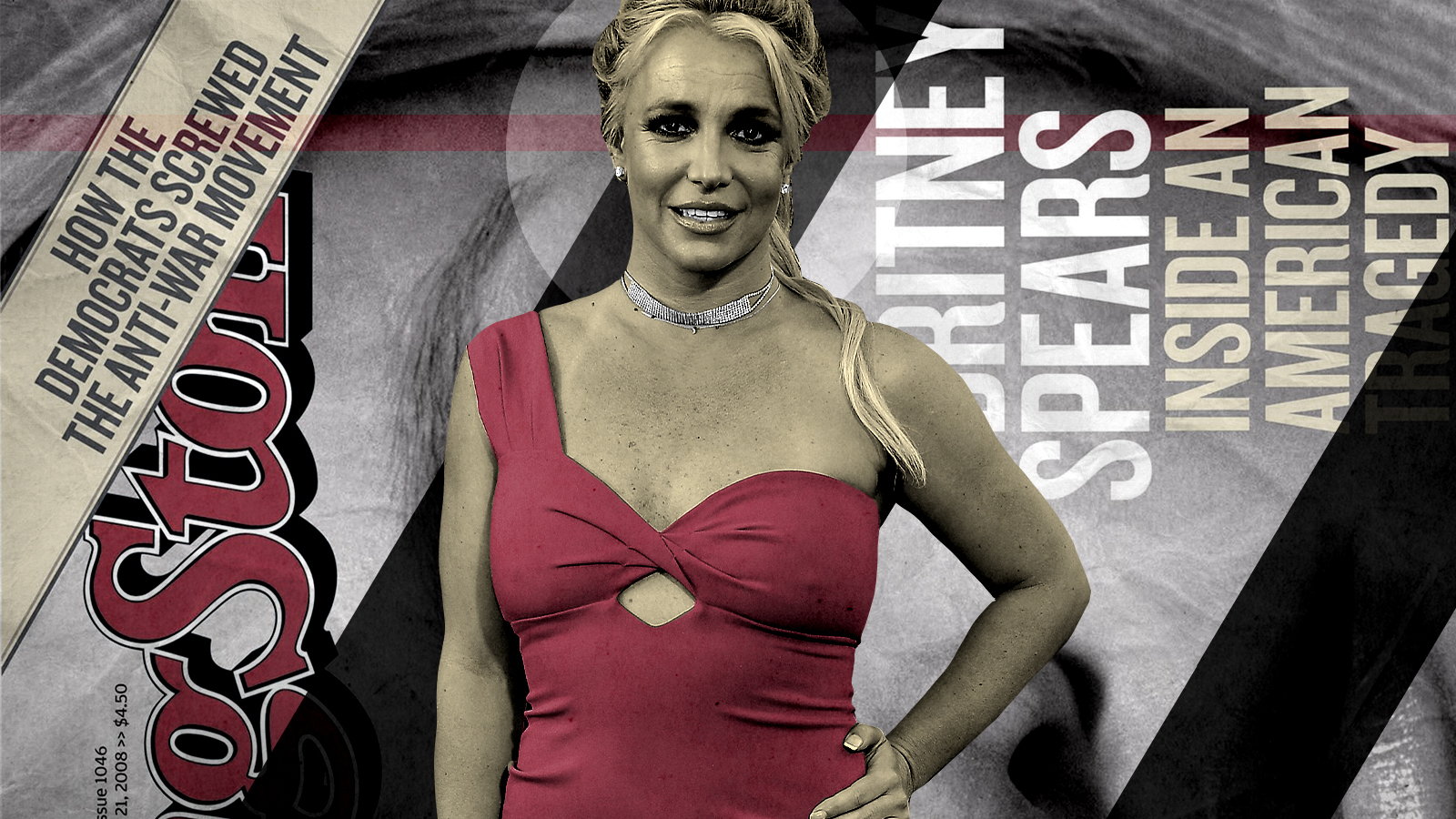
A free daily email with the biggest news stories of the day – and the best features from TheWeek.com
You are now subscribed
Your newsletter sign-up was successful
I didn't watch Britney Spears' conservatorship testimony live, but I sure read about it. "Britney Spears says she's being forced to keep her IUD — here's how that's a form of reproductive coercion," Health wrote. "Meghan McCain calls on FBI to immediately 'extradite' Britney Spears from her home following court testimony," read a headline on Fox News. Over at Us Weekly, the coverage of the court hearing included a story about Spears slamming her father and co-conservator, Jamie Spears, and quoted her in their headline: "He Should 'Be in Jail' for 'Punishing' Me."
The image painted by the press, almost uniformly, was one of a rational adult woman trapped against her will, unable to get married or even have children without explicit permission. The message is that she is in need of our sympathy and, potentially, our immediate help.
And there's nothing wrong with that. Given Britney's statements in court, it seems only right to portray her as the victim in this story. But it's also dizzying to see so many outlets that gleefully participated in the dooming of Spears make an about-face that could now potentially save her.
The Week
Escape your echo chamber. Get the facts behind the news, plus analysis from multiple perspectives.

Sign up for The Week's Free Newsletters
From our morning news briefing to a weekly Good News Newsletter, get the best of The Week delivered directly to your inbox.
From our morning news briefing to a weekly Good News Newsletter, get the best of The Week delivered directly to your inbox.
Although publications like Us Weekly might be covering the #FreeBritney movement today, over the past two decades the tabloid also helped contribute to the image of her as a cheater ("Britney & Justin: Did She Betray Him?"), a slut ("Britney's Wild Nights"), a bad mother ("Brit Puts Baby In Danger Again"), unstable ("SICK!"), and outright crazy ("TIME BOMB"). They were hardly alone in their effort: ABC, NBC, CNN, Star, People, the New York Post, The Daily Mirror, and dozens of additional publications, talk shows, and celebrity commenters all helped write the narrative. As Perez Hilton once admitted, "Thank you, Britney; being bad is good for my business."
Spears, now 39, understandably seems to chafe at the media's continued obsession with her life; she posted on Instagram that she "cried for two weeks" after seeing parts of The New York Times' sympathetic documentary Framing Britney Spears this winter, and added that she's "always been so judged … insulted … and embarrassed by the media." Later, she further hit at the docs — which also include a production by the BBC, and one in the works from Netflix — calling them "hypocritical." "They criticize the media," she wrote, "and then do the same thing."
But it's impossible to ignore the role Framing Britney Spears and the other documentaries had in bringing long-overdue scrutiny to the terms of Spears' conservatorship. "The documentaries clearly made a difference," Reliable Source's Oliver Darcy pointed out this week, while critic Kevin Fallon wrote for The Daily Beast's "Obsessed" newsletter that "up until this moment, I'm not sure she would have been believed." He explained, "It took hard work for those fans (whom many people, myself included, were so tempted to dismiss) to take the #FreeBritney movement to mainstream credibility. It took the documentaries to legitimize the concerns, and investigative reporting to surface Spears' years-long effort to end the conservatorship."
That puts Spears in an awkward position of needing the very media that many would believe contributed to landing her in the conservatorship mess in the first place. At the very least, her freedom might in some sense lie in the hands of the same apparatus that once cheered on her self-destruction.
A free daily email with the biggest news stories of the day – and the best features from TheWeek.com
Naturally, Spears' relationship with the media, like that of many famous people, has always been love-hate. As a paparazzo who speaks in Framing Britney Spears put it, "she needed us and we needed her, we both needed each other. And it was a great kind of relationship." While the power dynamic ultimately shifted, it's true that if Spears is an expert on one thing, it's the influence of the press. In a court document Spears filed protesting her conservatorship in 2020, she notably and pointedly threatened that "the whole world is watching." And Anali Calva, a #FreeBritney activist who also speaks in The New York Times' documentary, called the fan campaign "effective because we brought attention to the media."
Strangely, Spears claimed her public plea to end her conservatorship this week came against her lawyer's advice. "He told me I should keep it to myself, really," Spears told the judge. But as David English, a professor of law at the University of Missouri who spoke to Slate about what Spears' next steps might be, said, it clearly was advantageous overall for Spears to give her testimony. "I think that allows the court to see the individual, and the court to make its own assessment of capacity," he said.
Not to mention the press and, in turn, the public seeing her as a capable individual too. While there are plenty of theories involving exactly how reserved or otherwise muzzled Spears has been these past 12 years (some believe her own lawyers are working against her, while others claim she isn't the one who made the Instagram posts calling off the media), the paradigm shifts the last several months, at least, seem clear. Commentators and publications are apologizing not just with their words, but with their actions by finally giving Spears fair and compassionate coverage.
Legal proceedings aren't supposed to be influenced by something as fickle and subjective as public opinion. But this also isn't a normal conservatorship case, and public outrage, at a minimum, might pressure Jamie Spears to back down from serving as co-conservator to his daughter — one of her primary demands. At its greatest, the result might change how we think about conservatorships in America more largely.
In the end, though, it will be left up to the discretion of the judge. All the media can offer Spears personally at this point is that small and oft-neglected kindness of simply being heard.
Jeva Lange was the executive editor at TheWeek.com. She formerly served as The Week's deputy editor and culture critic. She is also a contributor to Screen Slate, and her writing has appeared in The New York Daily News, The Awl, Vice, and Gothamist, among other publications. Jeva lives in New York City. Follow her on Twitter.
-
 The Olympic timekeepers keeping the Games on track
The Olympic timekeepers keeping the Games on trackUnder the Radar Swiss watchmaking giant Omega has been at the finish line of every Olympic Games for nearly 100 years
-
 Will increasing tensions with Iran boil over into war?
Will increasing tensions with Iran boil over into war?Today’s Big Question President Donald Trump has recently been threatening the country
-
 Corruption: The spy sheikh and the president
Corruption: The spy sheikh and the presidentFeature Trump is at the center of another scandal
-
 The celebrity winners of 2023
The celebrity winners of 2023In the Spotlight Girl power's still got it as Taylor Swift, Barbie and Britney all come out on top
-
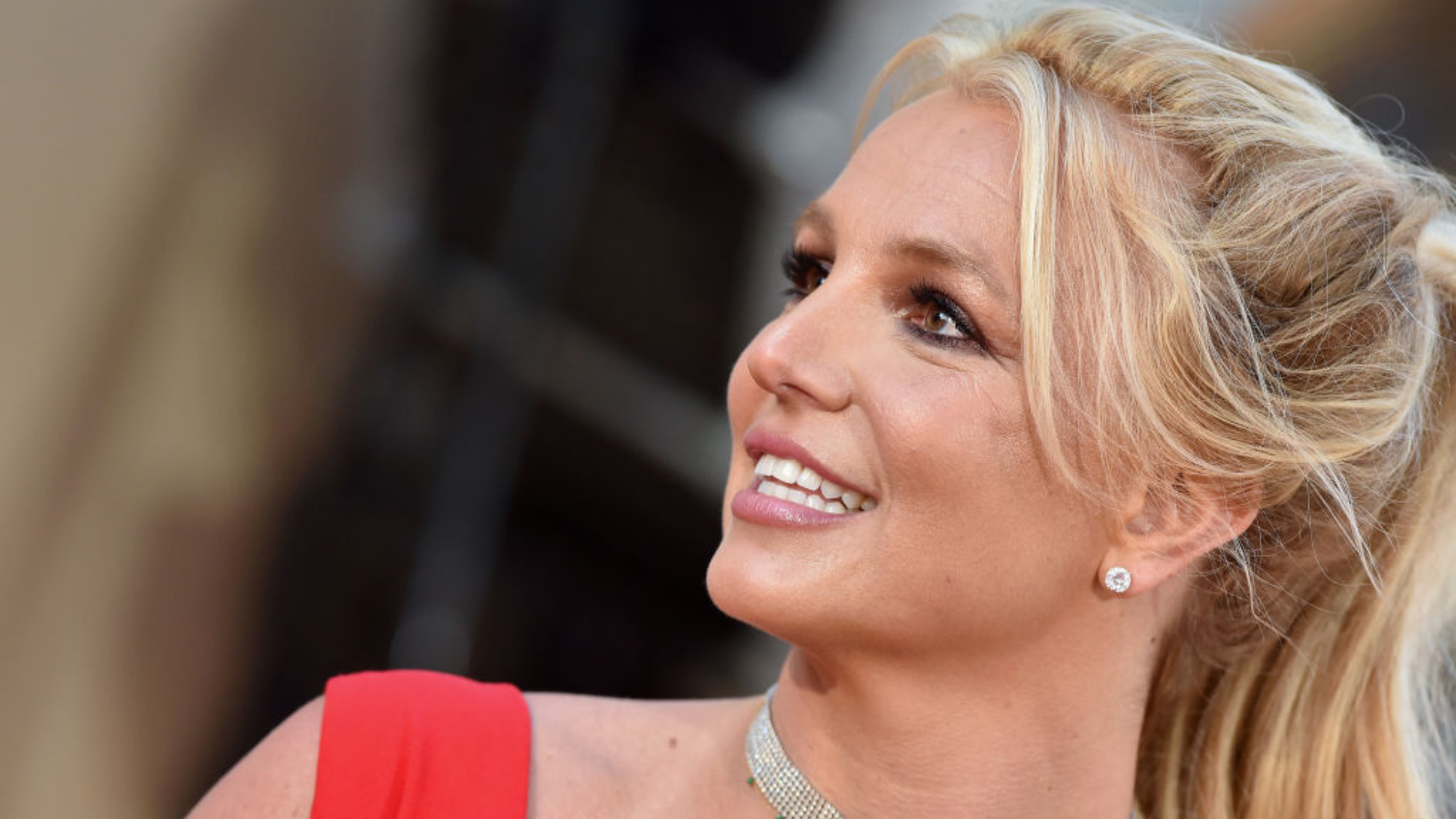 Britney Spears: snippets of star's 'bombshell' memoir released
Britney Spears: snippets of star's 'bombshell' memoir releasedIn the Spotlight 'Tell-all' book to share details of singer's life during her conservatorship and decades-long career
-
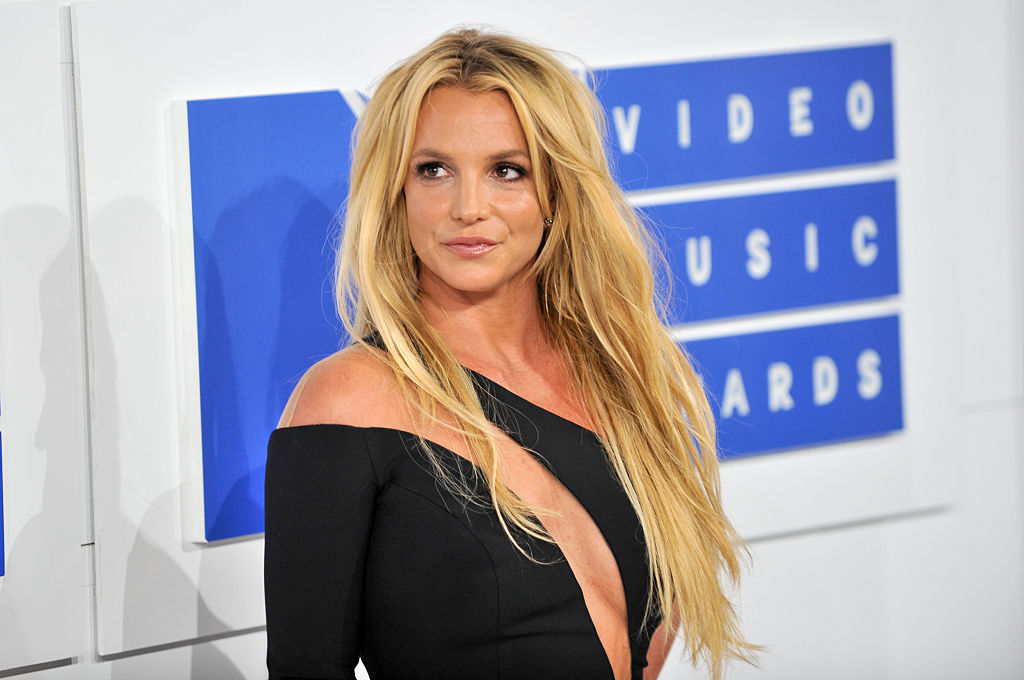 Britney Spears reportedly 'annoyed' after fans call police to conduct wellness check
Britney Spears reportedly 'annoyed' after fans call police to conduct wellness checkSpeed Read
-
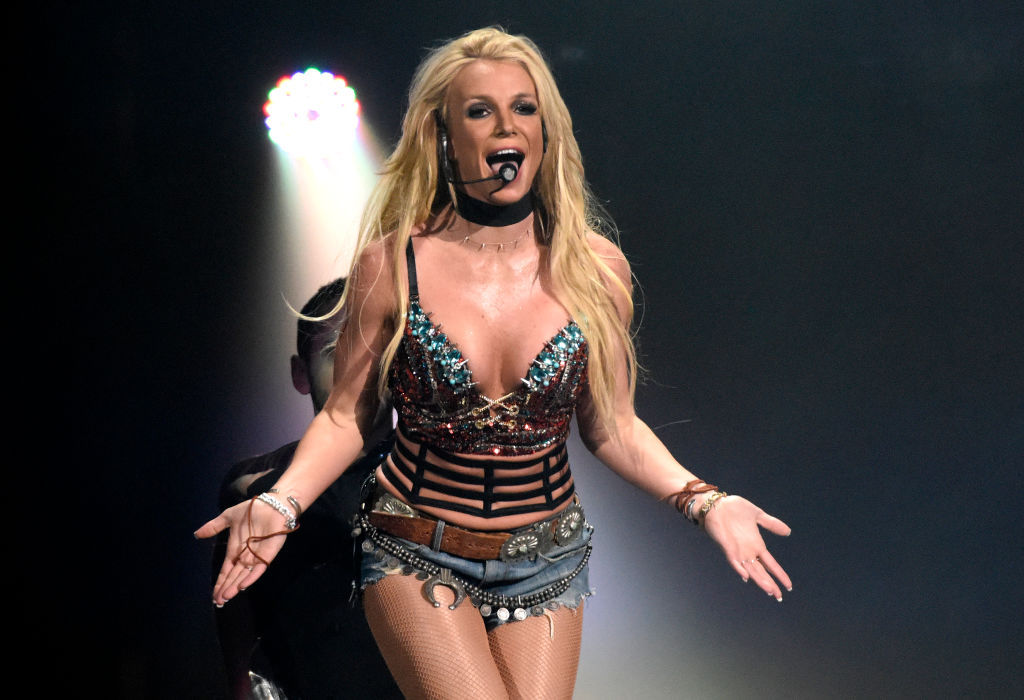 A Britney Spears jukebox musical is headed to Broadway
A Britney Spears jukebox musical is headed to BroadwaySpeed Read
-
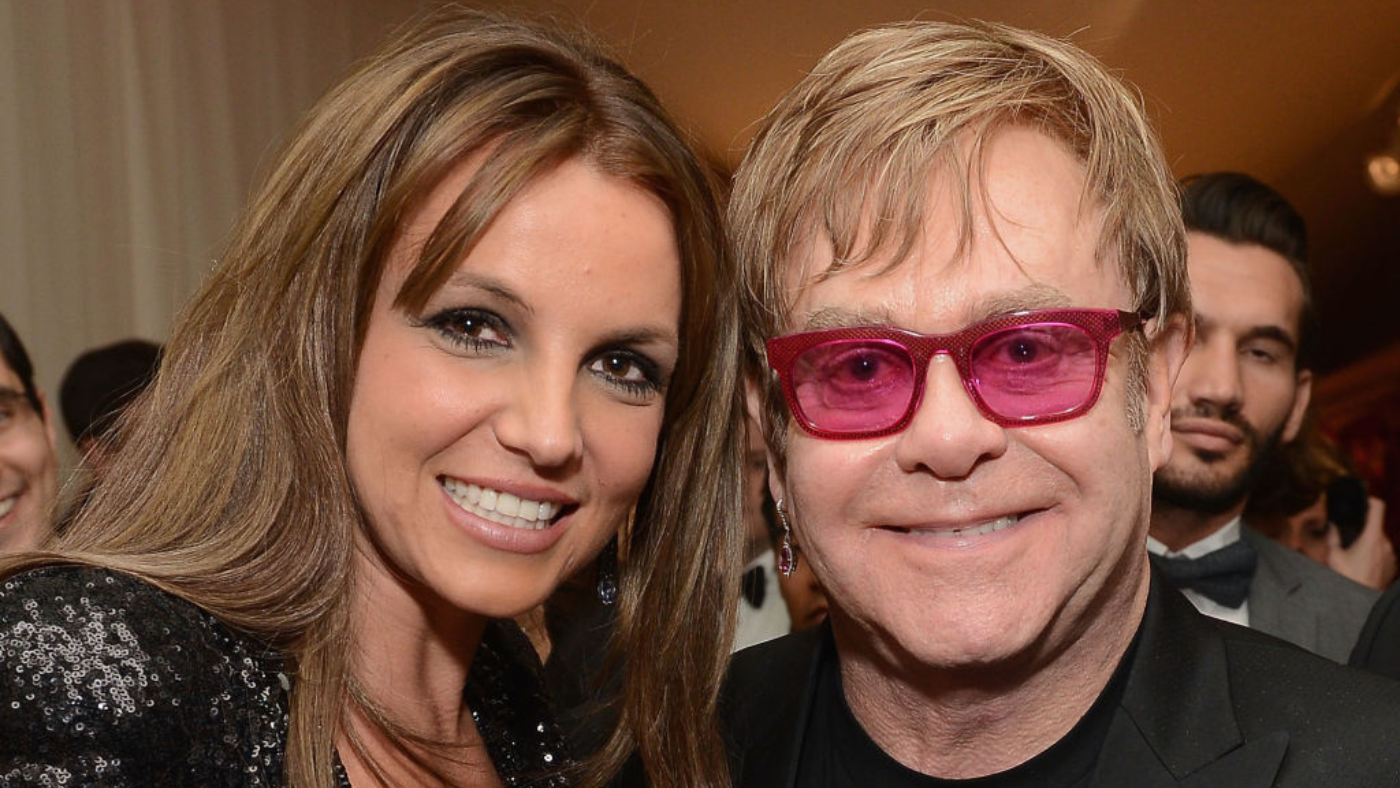 Elton and Britney’s mashup: a ‘star reborn’ or a ‘ruined song’?
Elton and Britney’s mashup: a ‘star reborn’ or a ‘ruined song’?Talking Point John says he hopes track will give returning pop superstar ‘so much more confidence’
-
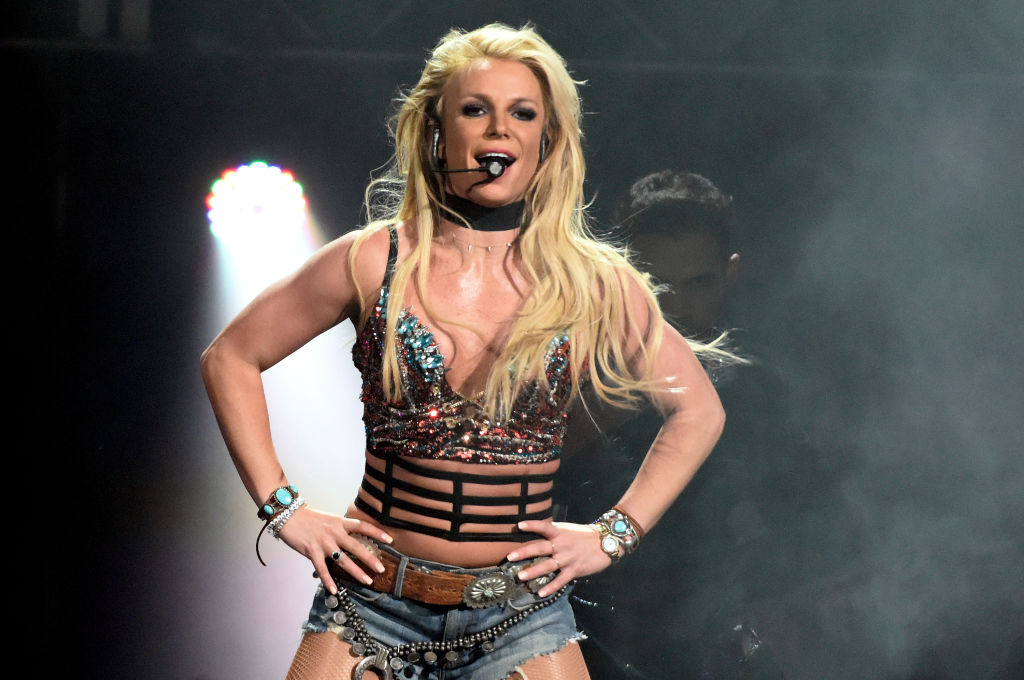 Britney Spears won't have to provide deposition on conservatorship, judge rules
Britney Spears won't have to provide deposition on conservatorship, judge rulesSpeed Read
-
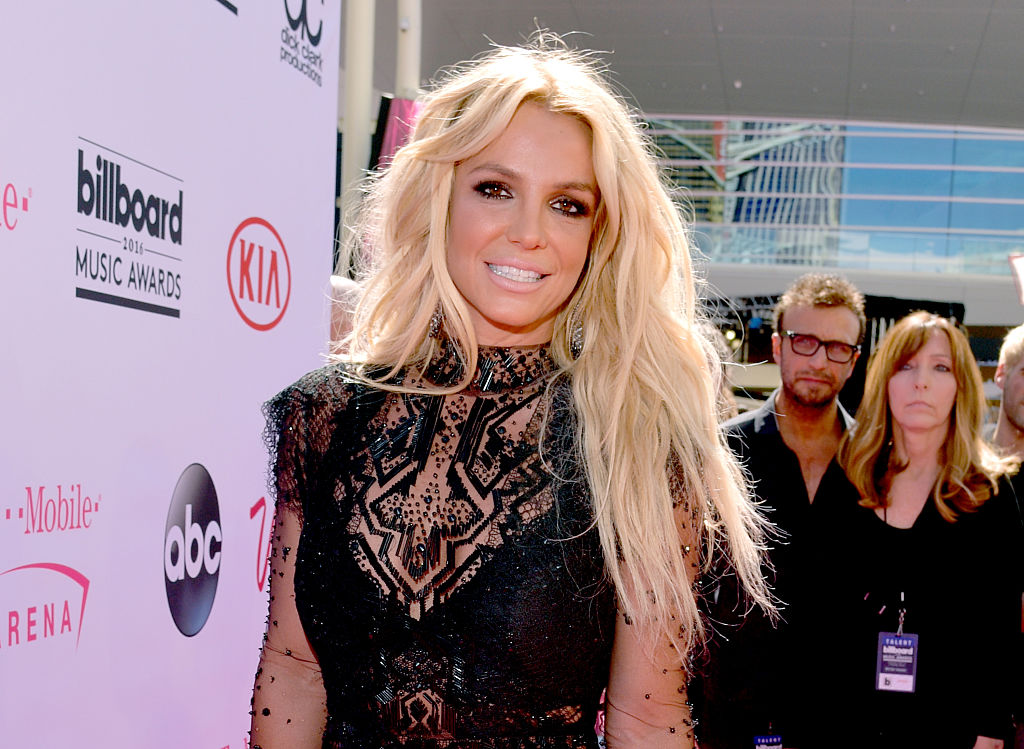 Britney Spears' ex-husband to face trial after trying to crash her wedding
Britney Spears' ex-husband to face trial after trying to crash her weddingSpeed Read
-
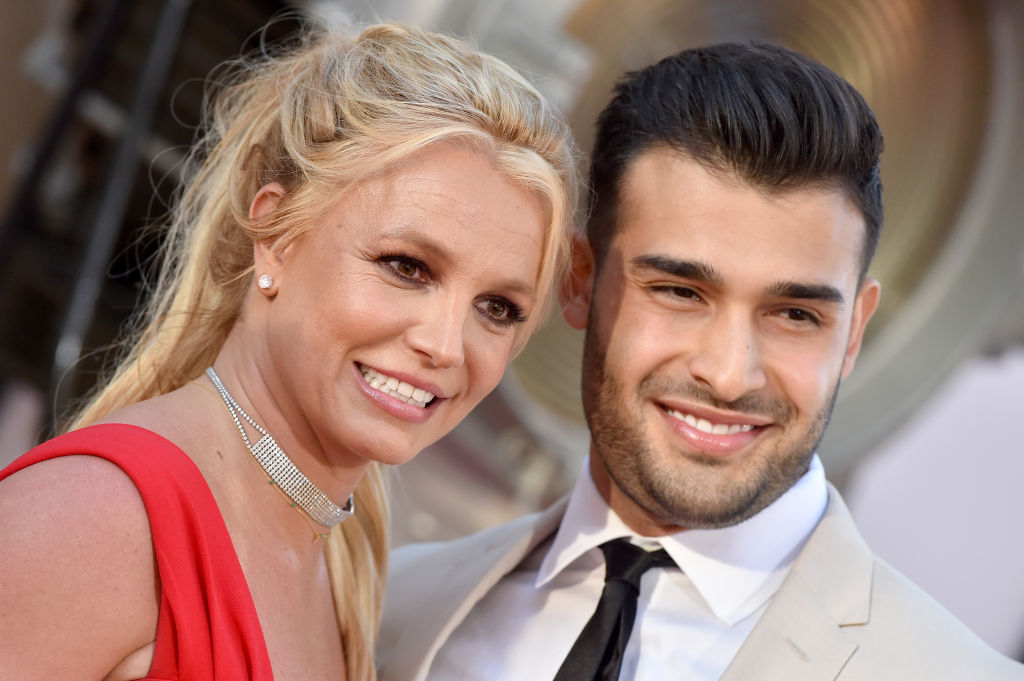 Britney Spears reportedly marrying fiancé Sam Asghari today
Britney Spears reportedly marrying fiancé Sam Asghari todaySpeed Read
